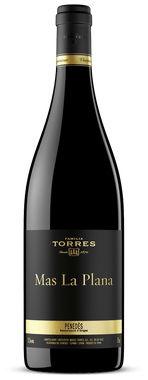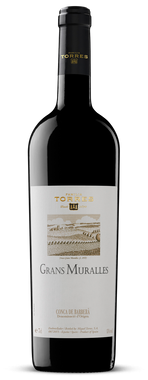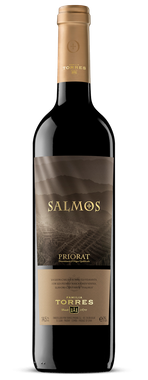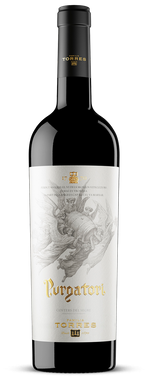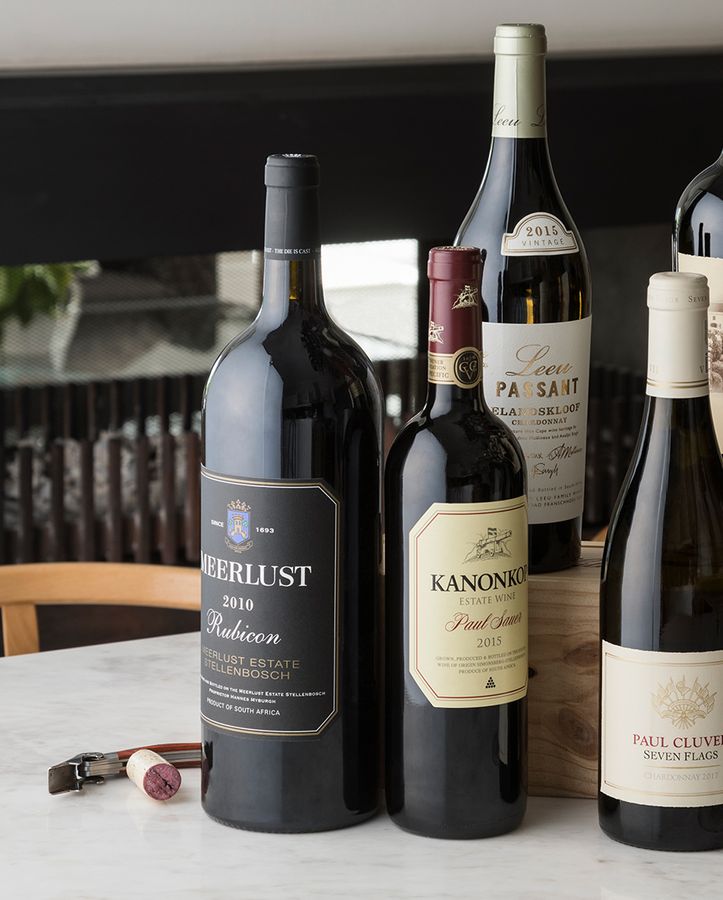An ancestor, Jaime Torres, who emigrated to Cuba in 1855, made his fortune there through the oil industry and seaborne trade and then returned home a rich man and went into business with his brother, a wine grower.
Yes, that was the founding background, in 1870, of the family company, in Vilafranca del Penedès.
However, whatever the initial circumstances, today Torres is consistently recognized by wine professionals as The World's Most Admired Wine Brand.
One cannot think of a major wine company whose identity has changed more over the past three decades than Torres. Branded wines made at scale from purchased grapes such as Viña Sol, Sangre de Toro, Coronas and Torres brandies have been flanked by new and exciting production endeavours, from ventures outside the borders of Spain (Chile and California) to the creation of some of Spain’s finest single-vineyard wines such as Milmanda and Mas La Plana.
The fundamentals have not changed and Viña Sol and Sangre de Toro remain vital brands. However, Torres is now well on the way to transforming itself into a cluster of individual and clearly differentiated wine estates, aimed at discerning wine lovers the world over.
Torres is also turning itself into the wine world’s most environmentally committed large-scale producer. The company has already invested 12 million euros in photovoltaic panels, electric cars, biomass: anything that can reduce emissions. The target is a 30% reduction by 2020.
Furthermore, Torres – and this is a worldwide first - is intensively researching the carbon capture of the vast tonnages of CO2produced in fermentation every year around the world.
And that is not all. There is a growing realisation at Torres that the fundamentals of wine production are changing, and in this respect, too, Torres is in mid-metamorphosis.
Since the mid-80s Torres has undertaken a project of research and recuperation of ancestral Catalan varieties.
What began as a cultural project has now become a key part of the struggle against climate change. Some of the ancestral varieties – having come into being in the medieval warm period - ripen three weeks later than the varieties more commonly being used and retain their acidity.
There are more than 150 varieties approved for winemaking in Spain but 85% of the vineyards are planted with less than 10 varieties. Some of the minority varieties are really interesting for the fight against climate change.
Getting these varieties officially accepted is a long and painstaking process.
Nevertheless, Penedès has now approved two of these varieties, Forcada and Moneu, and Torres has now bottled the first production run of those as well as three other varieties: Pirene, Gonfaus and Querol.
Another Torres climate-change initiative is the planting of vineyards at altitude – up to 1,000m in Penedès and Ribera del Duero, and in Priorat up to 750m.
It is in sharing the spirit of Torres’ earnest search for traditionally inspired solutions to the quest for ever growing quality in a challenging environment, that we bring you a unique selection of some of their most seductive and sought-after wines.
